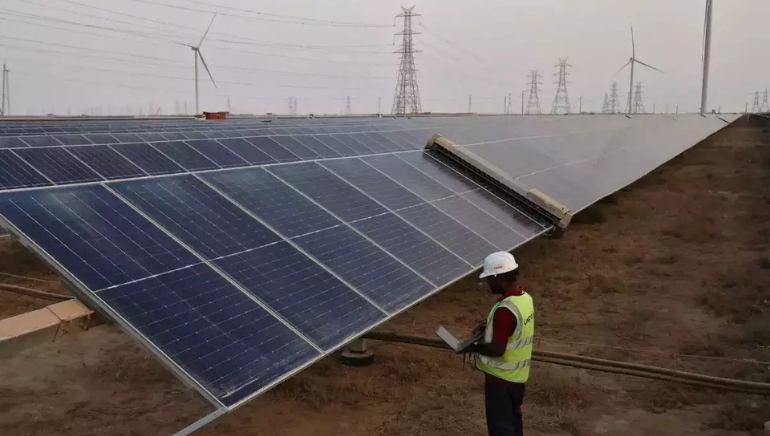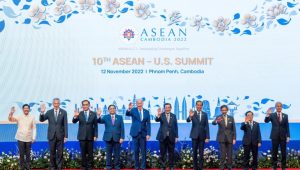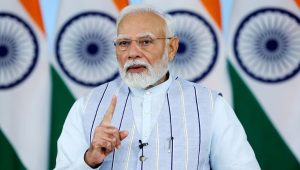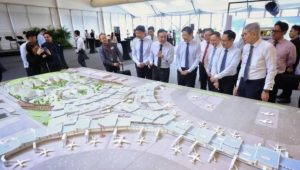Japan aims for renewable energy to supply 50% of its electricity mix by fiscal 2040. Nuclear power will cover an additional 20%, according to a draft of the revised basic energy policy.
This shift is part of Japan’s push for clean energy while meeting rising power demand. As the world’s second-largest importer of liquefied natural gas (LNG) and a major buyer of Middle Eastern oil, Japan’s energy plans are closely watched by global oil, gas, and coal producers.
Thermal power use, especially from inefficient coal-fired plants, will drop from 68.6% in 2023 to 30-40% by 2040. The draft does not detail the share of coal, gas, and oil within this percentage.
“LNG-fired power is a realistic transition tool,” the draft states. It calls for joint efforts from the government and private sector to secure long-term LNG contracts to guard against price hikes and supply disruptions.
The industry ministry’s draft proposes raising renewables to 40-50% of power supplies by fiscal 2040. This target nearly doubles the 22.9% share in fiscal 2023 and surpasses the 36-38% goal set for 2030.















